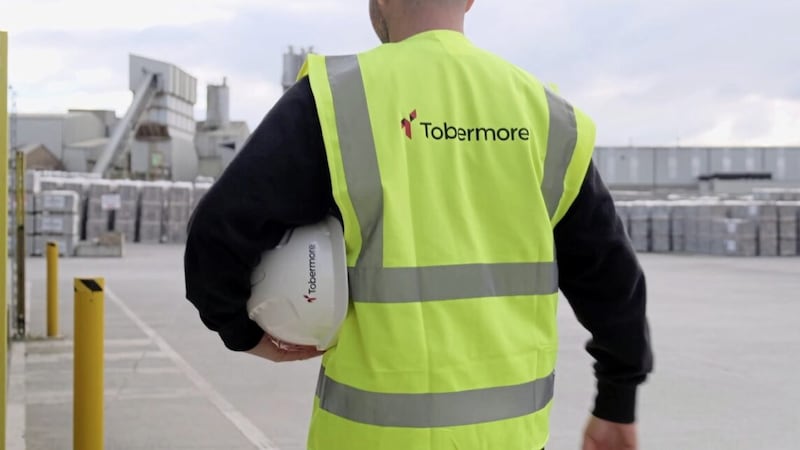IT'S now well known that the logistics sector is suffering from a chronic shortage of HGV drivers. There are numerous factors in the mix including the effects of Brexit and Covid.
While both have certainly had an impact on the sector and in particular the large proportion of foreign drivers who worked in the UK, it is perhaps something more mundane that is having the greater effect for all involved.
Back in April the government introduced significant changes to IR35 rules relating to what is known as off-payroll working. For HGV drivers off-payroll working would involve a driver providing their services to either an agency or the operator via an intermediary, typically their own limited company resulting in lower tax bills.
This is a common way of working in the sector and typically increases take home earnings for drivers by around 20 per cent. There was also an added advantage for agencies or operators in that they weren't required to pay employer national insurance contributions.
What IR35 requires is for an assessment of whether, taking the intermediary limited company aside, the driver is in essence an employee of the agency or operator (referred to as disguised employment). Prior to April 2021, the liability for this assessment lay with the drivers.
But from April 2021 that liability switched to the agencies and operators including the liability for payment of PAYE and National Insurance contributions in respect of the drivers. The result being that overnight the former popular model for working was no longer viable making drivers using the model subject to the same deductions as employees rather than self-employed contractors.
The effect of the change was to cause agencies and operators to stop using the drivers operating through this model because of increased costs and legal risks with a move towards employing drivers directly. Also, drivers themselves saw their potential earnings reduce by around 20 per cent.
For many drivers the reduction in earnings may have been the final straw when combined with generally poor working hours and conditions, and they drifted away from the industry.
Many of the foreign drivers will have gone to the continent for higher earnings and to be closer to home – being in the UK was no longer as beneficial as it once was.
Therefore, the haulage industry is dealing with not only a sudden shortage of drivers who have left or who it is no longer desirable to engage as a contractor, but also problems of recruiting or training replacements caused by historically low pay.
Pay is now on the rise to recruit more drivers but it will naturally take time to fill the gap. The backlog of driver testing caused by Covid has also not helped the situation.
In a bid to deal with increased seasonal demand, the government has also offered 5,000 temporary work visas for HGV drivers involved in the food supply chain until December 24.
Ultimately however, it looks likely that pay will be the defining factor.
:: Andrew Lightburn (andrew.lightburn@dwf.law) is director (employment) at DWF in Belfast (www.dwf.law)









